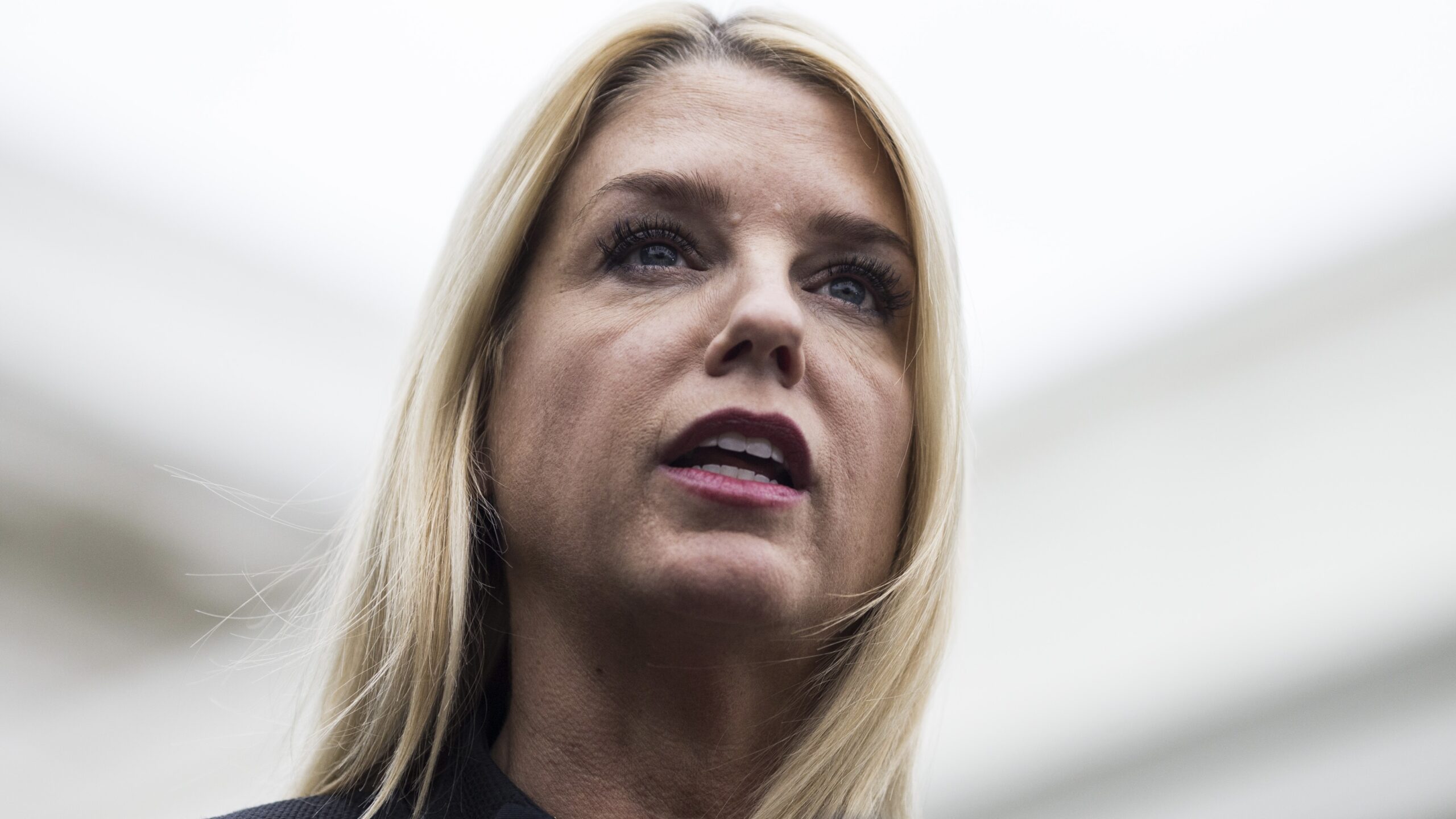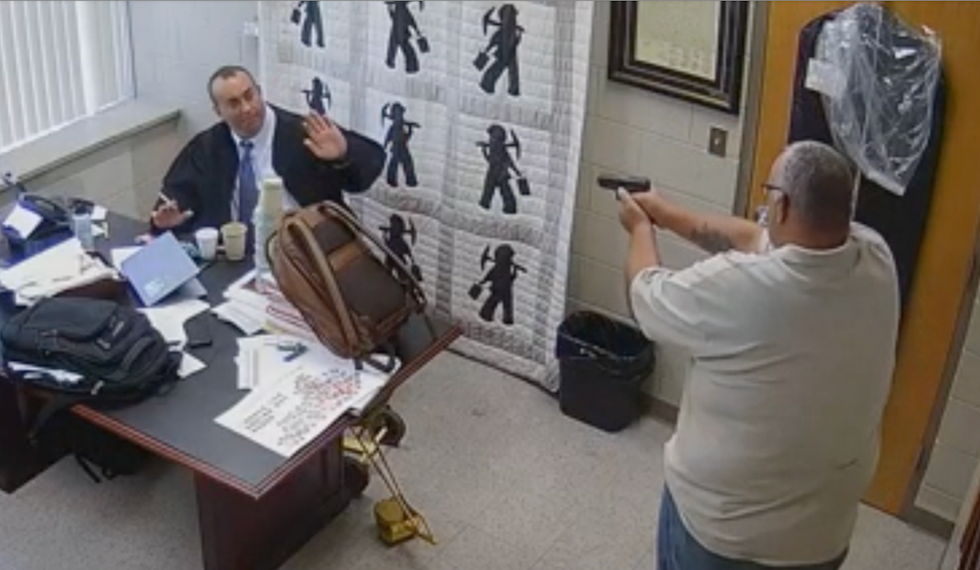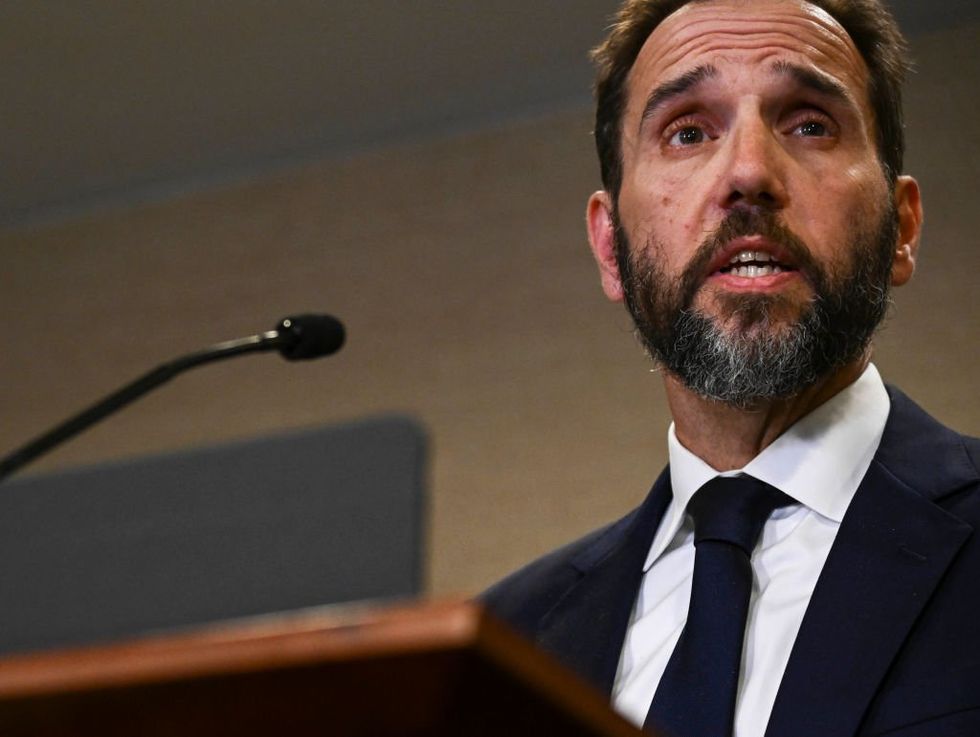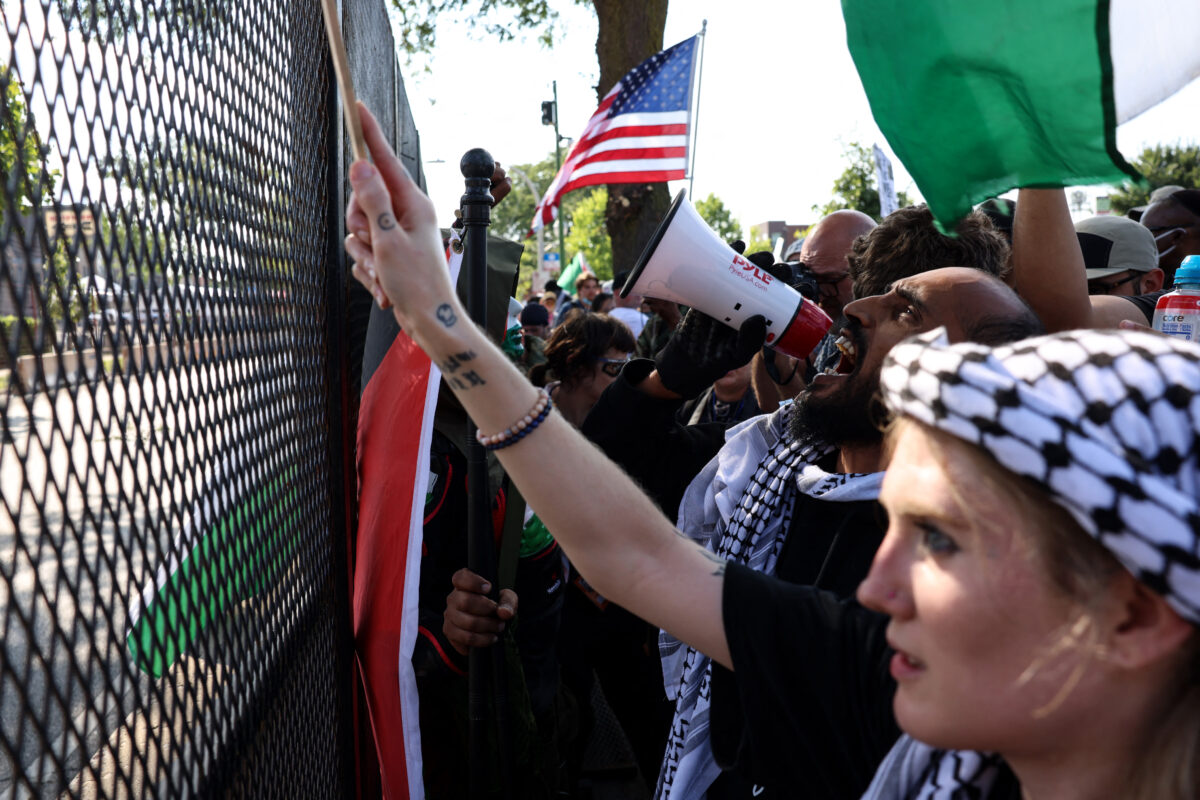The real reason Iran funds terror war against Israel
Khamenei fuels 'conflict in the region to divert attention from growing internal discontent'


The fire of war that has engulfed the Middle East for nearly a year was ignited by Iran’s religious regime, and the mullahs have consistently fanned the flames. Emerging from the medieval era, the mullahs’ regime was imposed on the 21st century through a historical accident. Unable to meet the needs of society, this fundamentalist regime resorted to ruthless repression of its own people from the start. It is a war over freedom, over the people’s sovereignty and their right to vote. In the 45 years since its inception, this regime has never known a moment without war, terrorism, crisis or hostage-taking in the region – tools the religious dictatorship has used to conceal its internal war against the Iranian people.
Recently, Ali Khamenei, the religious dictator, admitted that the 1980s’ eight-year Iran-Iraq war – at the cost of a trillion dollars and millions of dead or disabled – was a smokescreen for the regime’s internal struggle for survival. In December 2016, he stated that had they not stopped the “seditionists” in Syria, “we would have had to stop them in Tehran, Khorasan and Isfahan.” In May 2017, he added, “If our brave commanders had not acted in Syria, we would now be fighting them here in our own streets and cities.”
Hassan Rouhani, president from 2012 to 2020, similarly remarked in January 2016, “If our brave commanders hadn’t stood firm in Baghdad, Samarra, Fallujah and Ramadi, and if they hadn’t helped the Syrian government in Damascus and Aleppo, we wouldn’t have had the security to negotiate [the nuclear deal] so effectively.”
Likewise, former president Ebrahim Raisi echoed these sentiments in April 2017, saying, “The work of the defenders of the holy shrine (in Syria) has allowed us to defend fortifications far from Tehran, instead of building them in the streets of Tehran.”
The slogans “Death to Israel” and “Death to America” were used by the Iranian regime to rally backward forces in the region under a religious pretext, turning them into fuel for the regime’s war and terrorism machine.
In Lebanon, regime-backed terrorists bombed U.S. Marine barracks, killing dozens of American and French soldiers. This was considered an achievement for the Iranian regime, which sought to escalate its war and terrorism. Gradually, Iran’s terrorist outreach established it as a dominant regional player. Unfortunately, there was no meaningful response to this terrorism or the regime’s ongoing hostage-taking, which continue to this day. The Iraq war in 2003 paved the way for the quasi-occupation of Iraq by Iran clerics, killing thousands of American soldiers and tens of thousands of Iraqis, ultimately bringing Iraq under Iran mullahs’ influence.
By using war, terrorism and hostage-taking as leverage, the mullahs’ regime extended its campaign of demonization and repression beyond Iran’s borders. The clerics managed to place the Mujahedin-e Khalq (MEK), their sworn enemy, on the terrorist lists of Europe and the U.S. In doing so, they followed a Persian proverb – “They let the dog loose, but tied up the stone that should have been thrown at it” – allowing the regime to continue its repression and war without challenge. Only through independent courts and justice-seeking lawyers in Europe and the U.S. did the Iranian Resistance manage to get off these terrorist lists.
In the regime’s continued use of terrorism and hostage-taking as bargaining tools, the office of the Resistance in Paris was raided by police, with the regime even claiming the extradition of their leaders. However, through the mobilization of the Iranian community and freedom advocates across Europe, the Resistance was able to reverse the tide and push forward. The result of these efforts was seen in at least three uprisings in 2017, 2019 and particularly in 2022, shaking the regime to its core.
Now the regime lacks any further tools of repression to use against its own people.
As a result, Khamenei has returned to an old survival tactic: fueling conflict in the region to divert attention from the growing internal discontent. He provided military, logistical and financial support to Hamas to ignite a regional war. But Khamenei did not foresee that this war might eventually turn against him.
For over 45 years, while the guilty have walked free and the innocent were punished, the consequences have been tens of thousands of deaths in Gaza and millions more across the region, including in Iran.
Yet war and terrorism in the region will continue as long as the heart of war and terrorism beats in the mullahs. The Gaza conflict is but a branch of a poisonous tree whose roots lie deep in Tehran.
Originally Published at Daily Wire, World Net Daily, or The Blaze
What's Your Reaction?
































































































